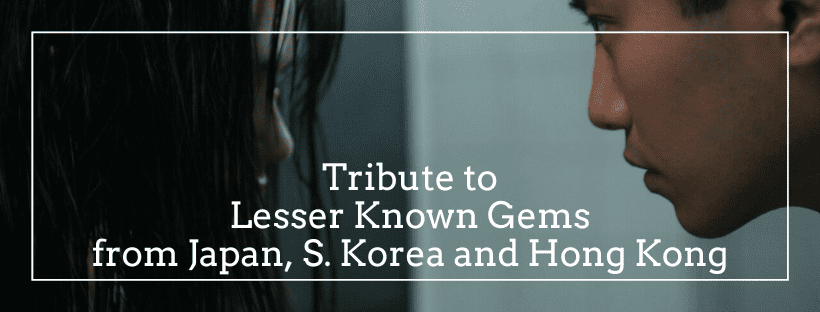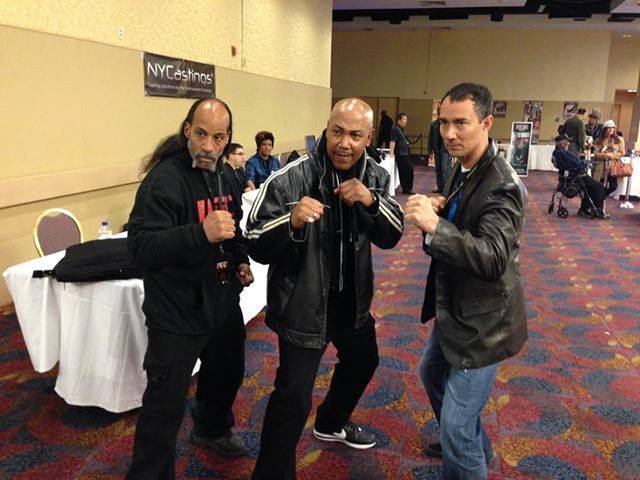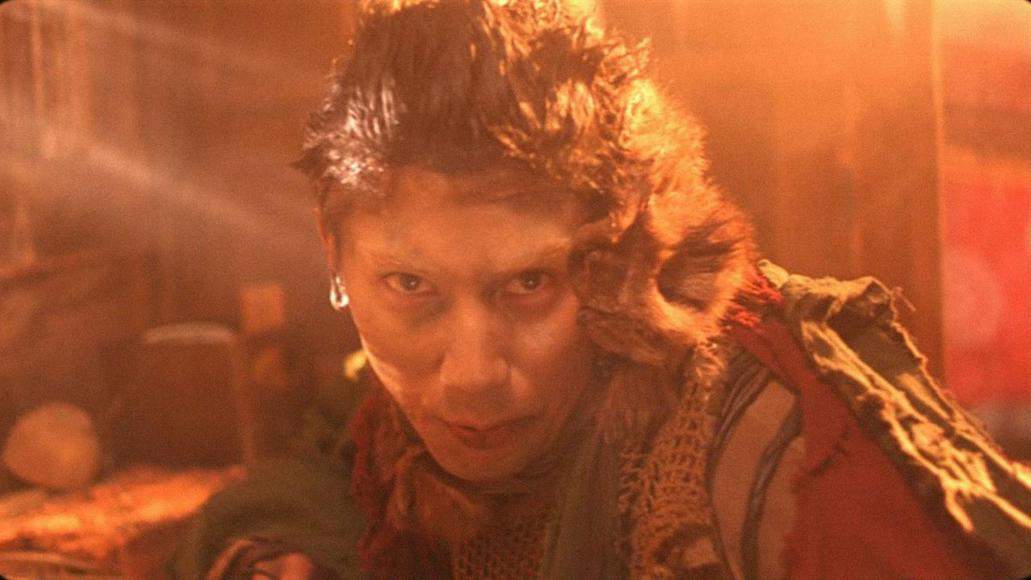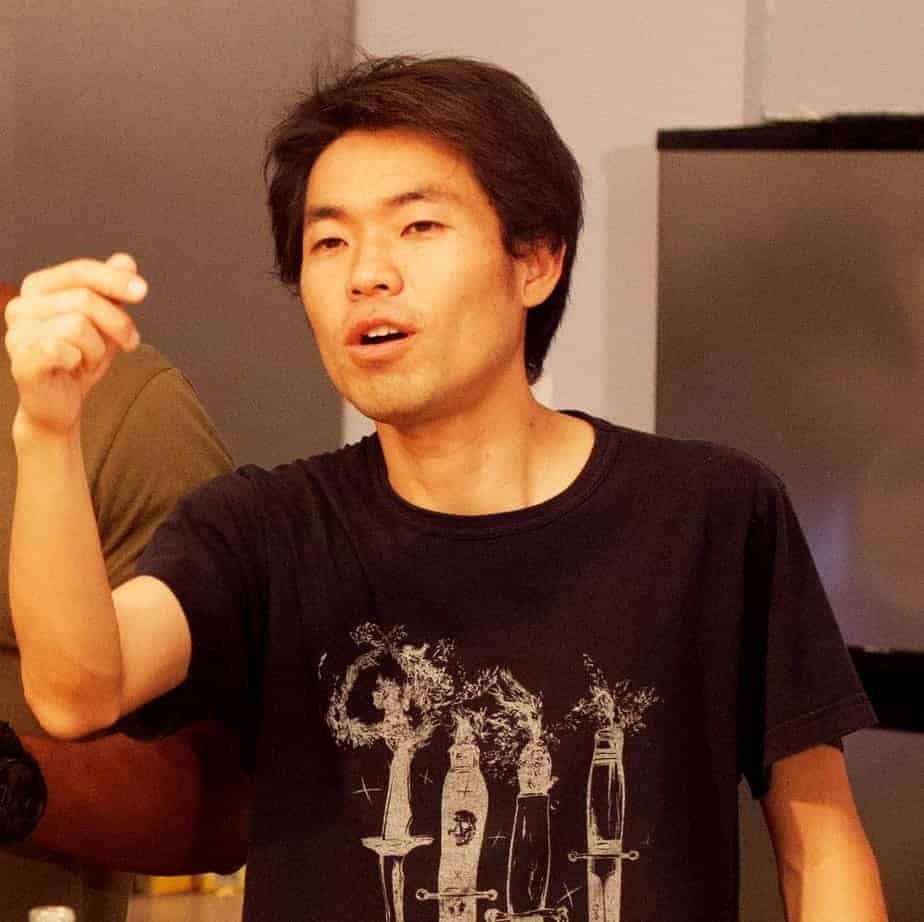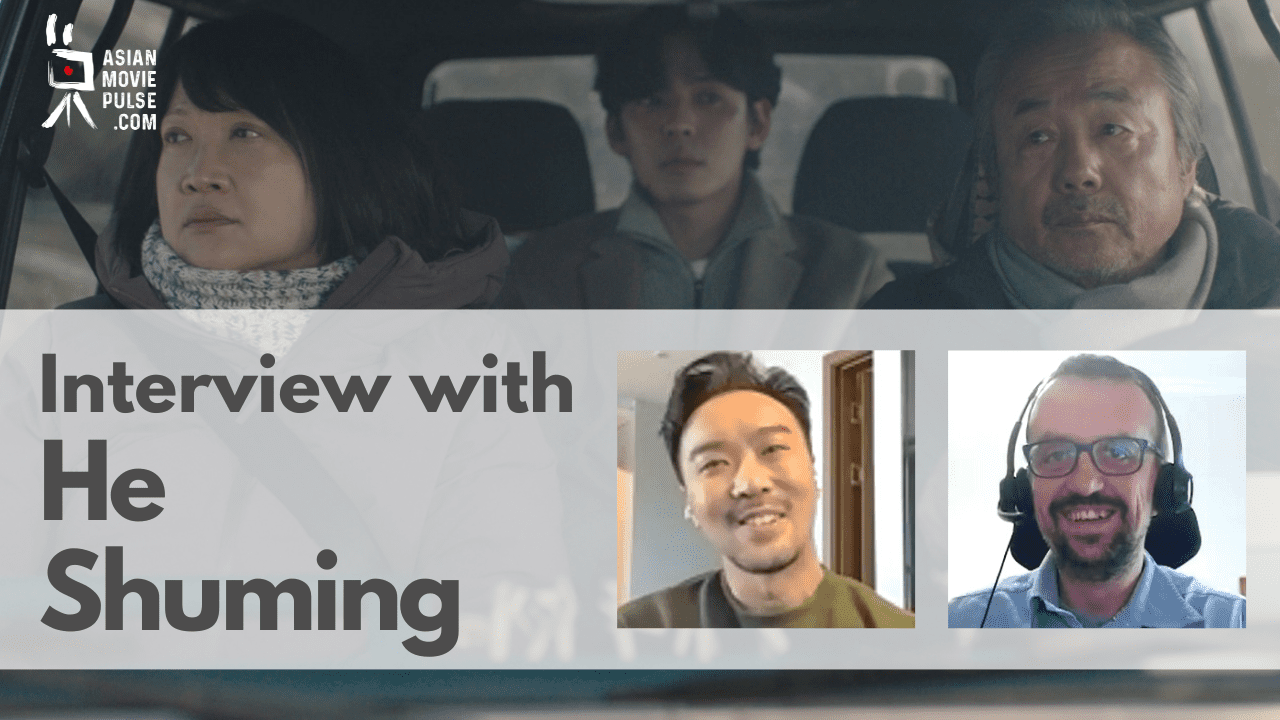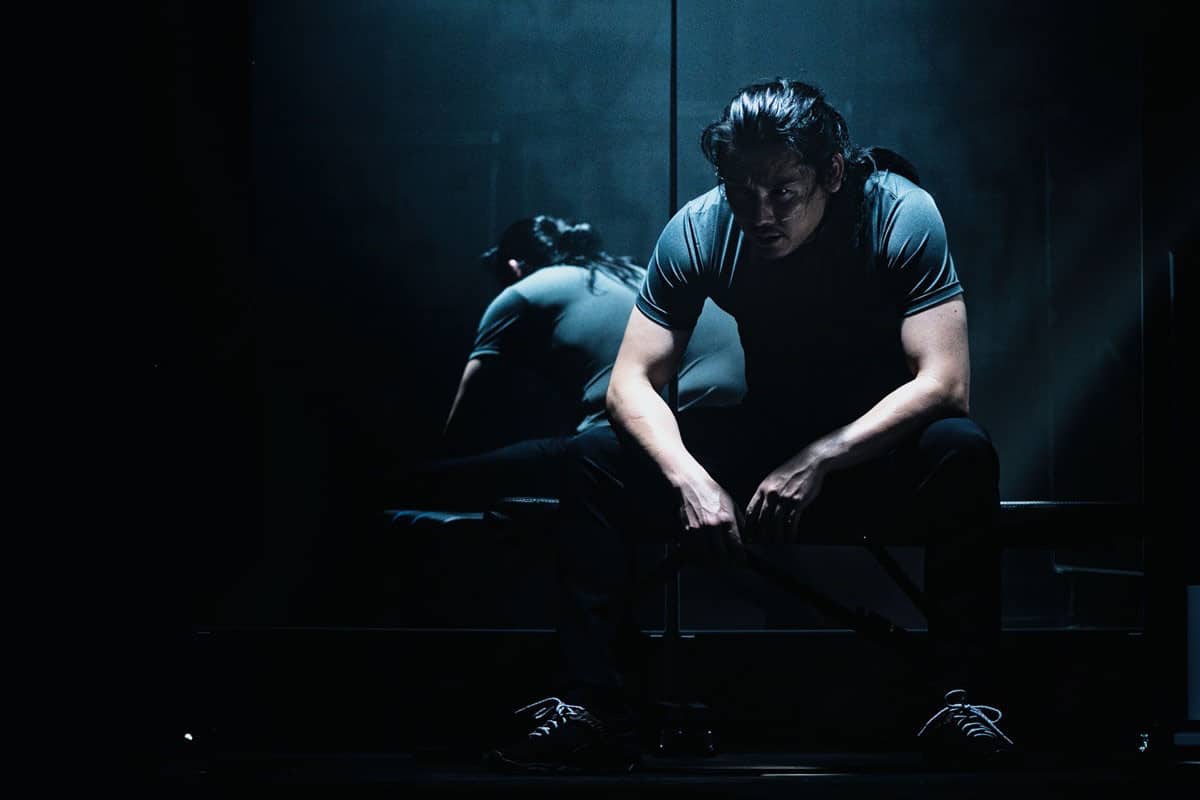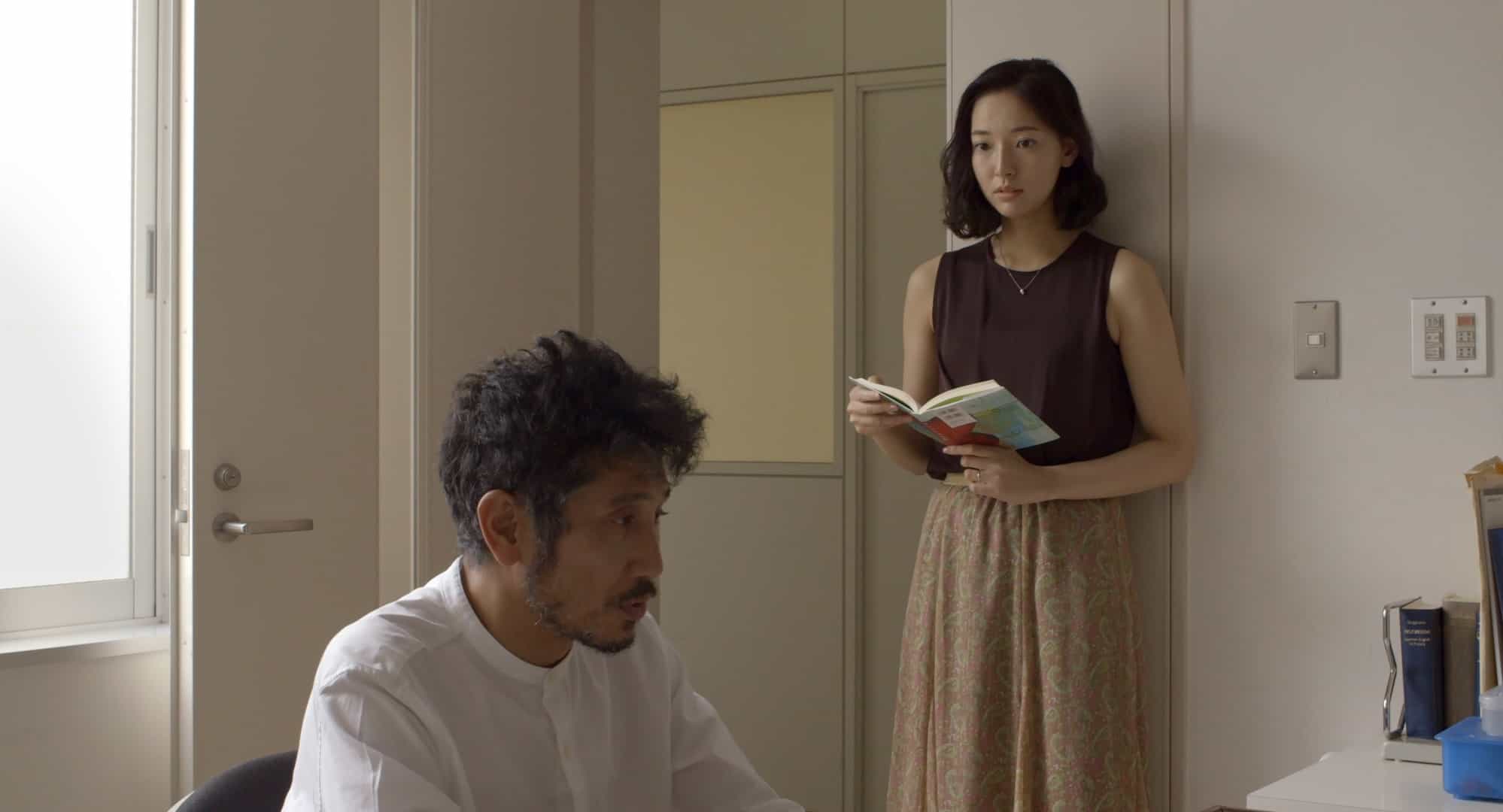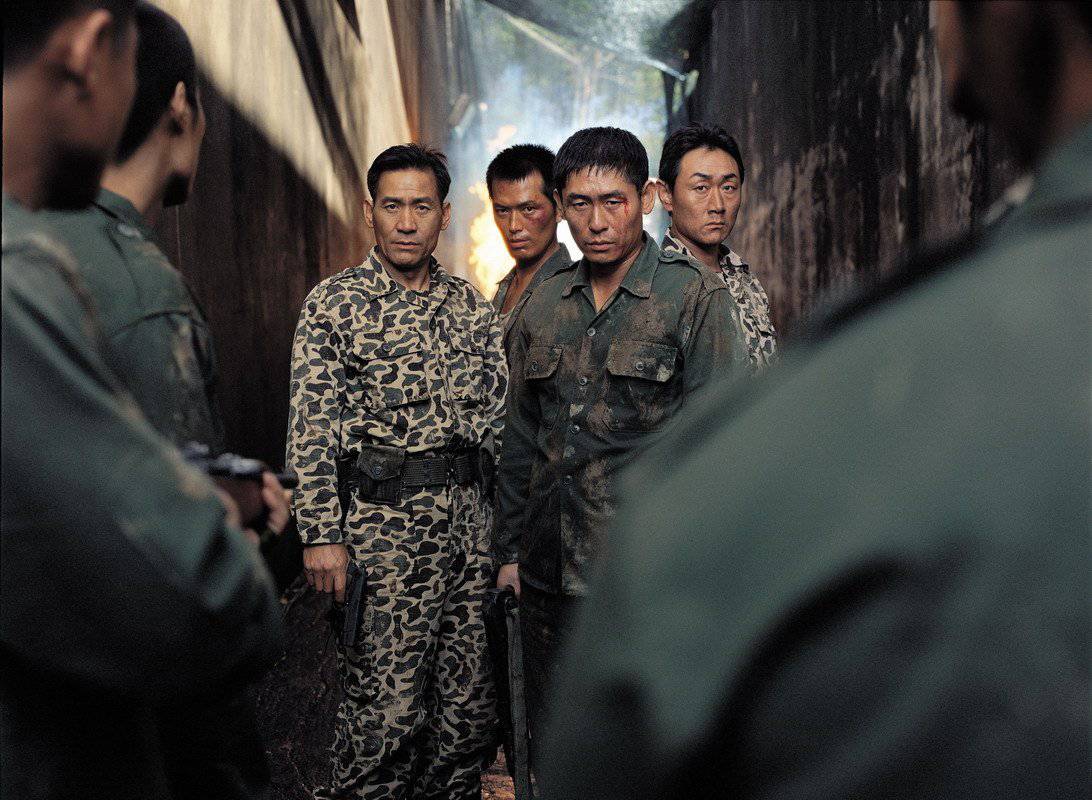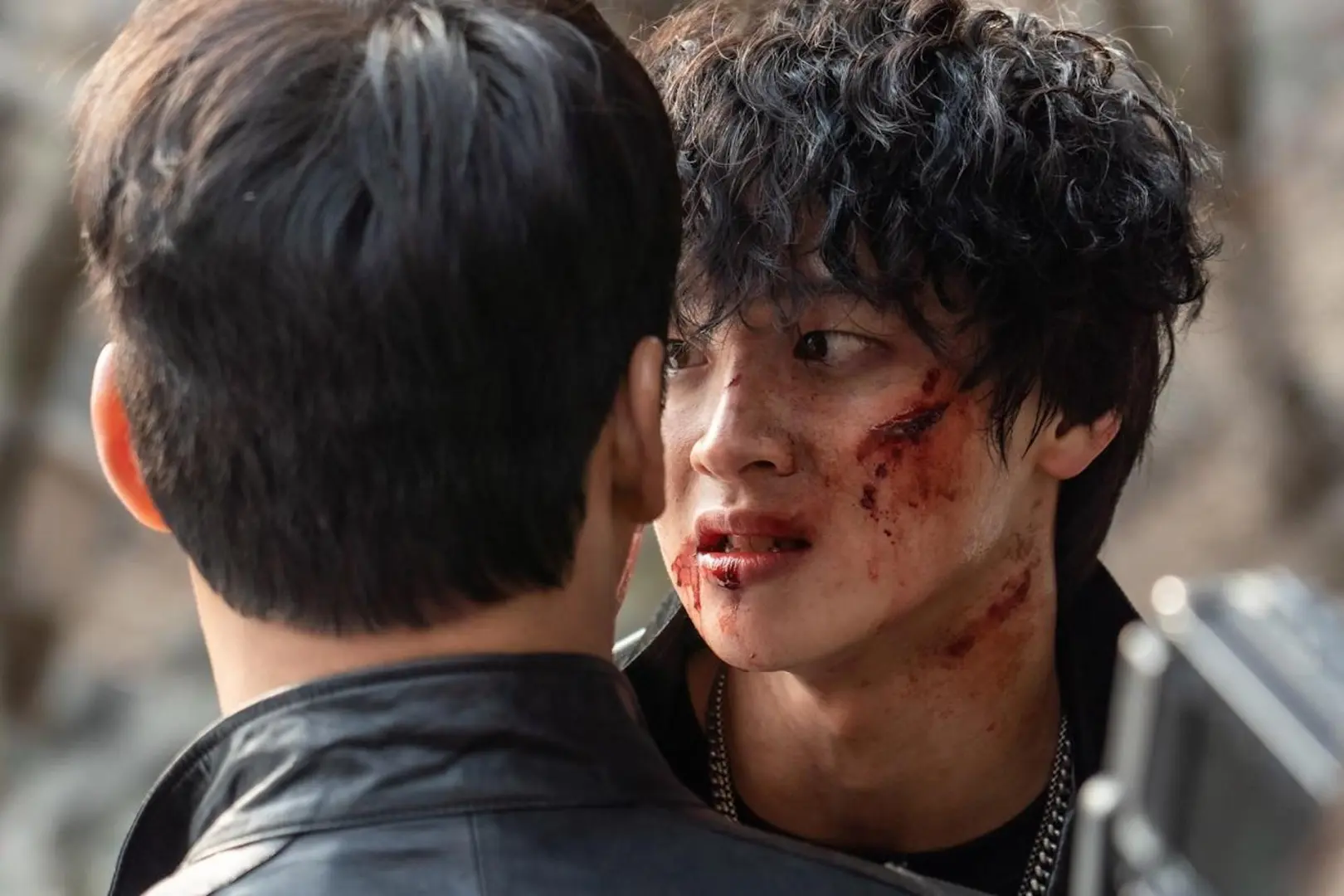10. Iron Mask (Kim Sung-hwan)
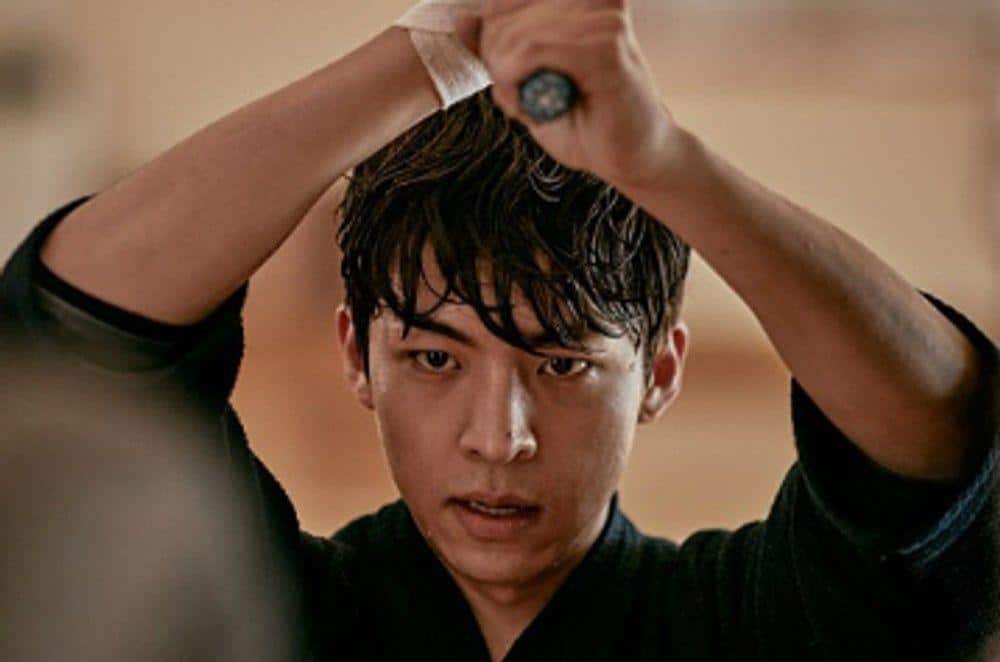
Kim Sung-hwan directs a film that unfolds into two intermingling axes. The first one is the realistic representation of kendo, with the focus on the training and its various aspects, which include meditation, sparring and watching videos of the matches to pinpoint mistakes and improve, being as intense as it is realistic. The discipline that dictates both the relationships of the people involved and their overall conduct as athletes is excellently portrayed also, with the comment Jae-woo does in the beginning of the movie, “At first it looks like a prison” being quite indicative of the overall circumstances. Furthermore, that the coaches promote the competition to the point of rivalry among the participants is also well communicated, and also one of the main elements that brings us to the second axis, that of the drama. (Panos Kotzathanasis)
9. Mimang (Kim Tae-yang)

As art-house as a film can be, “Mimang” is also a very unique production, particularly because it strays much away from the aesthetics dictated by Hong Sang-soo, which usually dominate Korean films of the category. It is also rather pleasant to watch almost throughout its duration, and in general, a very appealing spectacle. (Panos Kotzathanasis)
8. Killing Romance (Lee Won-suk)
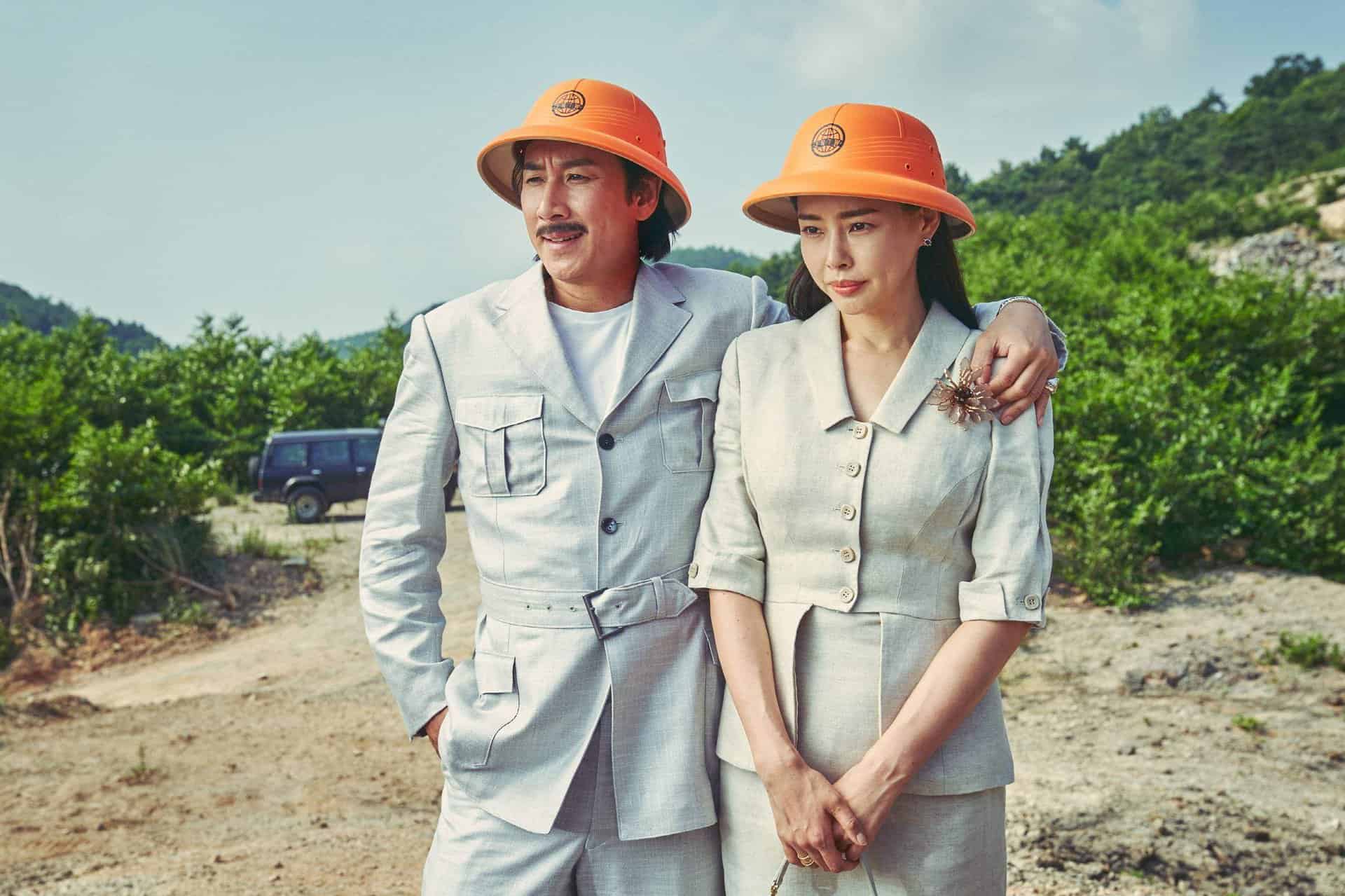
Apart from the obvious silliness, excessiveness and flamboyance, however, Lee Won-suk manages to hide (in plain sight) a number of rather pointed comments about the industry. The way a flop can ruin the career of even superstars, forcing them to deal with advertisements and endorsements to make a living, or get married to someone rich, is probably the most evident here. The way the rich essentially marry stars in order to show them off, while preventing them from doing what they want is another one here, with the story being quite common actually, both in Hollywood and Asia, with a number of actresses in particular completely disappearing after getting married. The way women especially have to retain a certain appearance to keep getting roles, particularly having to do with their weight, is also commented upon. (Panos Kotzathanasis)
7. A Normal Family (Hur Jin-ho)

Melodrama maestro Hur Jin-ho has been branching out slowly into other territories with his last few features and for his latest one, his first in four years since the historical “Forbidden Dream”, Hur presents a tragicomic Korean adaptation of the bestselling Dutch novel “The Dinner”. However, he expands the scope of the story of the source novel, which is sent entirely over the titular dinner, depicting instead a lot of the events that the characters talk about and relegates the dinner to the final few minutes of the narrative. This provides scope for a much larger universe of the story and the changing etichal standpoints and moral dilemmas of the characters hit home harder, which helps its exceptional cast excel. Sol Kyung-gu and Jang Dong-gun are no strangers to strong performances, and Kim Hee-ae too is equally adept as always, but special mention must go to Claudia Kim, whose quiet and unassuming role will likely end up being the one you think back to the most after the film is done. (Rhythm Zaveri)
6. Concrete Utopia (Uhm Tae-hwa)
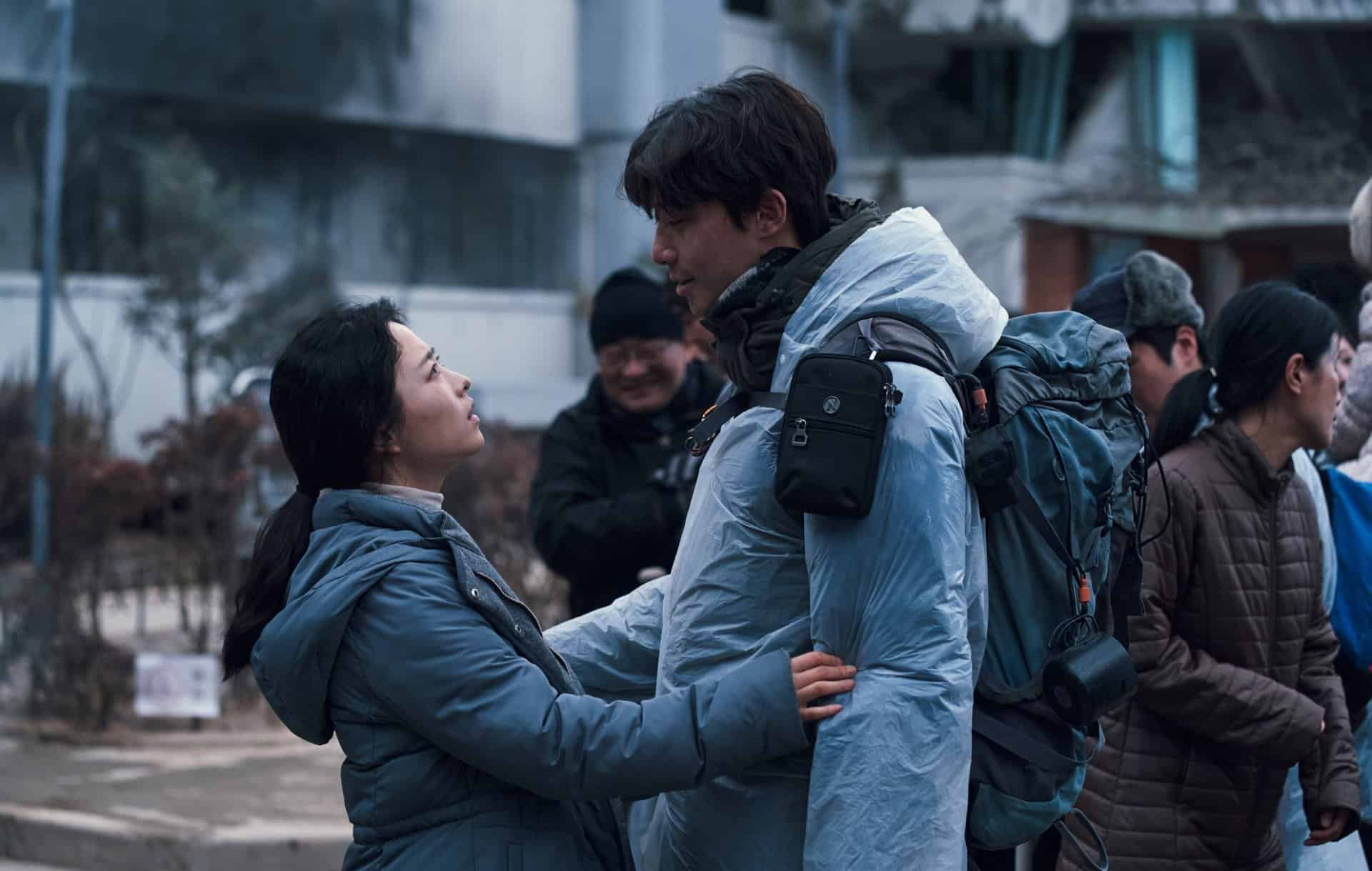
What “Utopia” excels at, though, is keeping the human moral dilemma at the center of it. Unlike many such stories, it's not played with a straight face at all. No one commits to the bit. We can really see the confusion on the characters' faces, and the pain of doing what they know is bad, but just seems to be the only way to survive at the moment. There is no joy in overpowering others in a complicated game of negotiating who gets what, and no one is allowed to be guilt-free. There isn't a lot of outward violence in the movie, but in a way, it's nothing but violence, all the time: most of “Utopia's” action is some kind of play on fear, risk, hope and resignation, fairness and guilt, utility and morality, trying to make a proper impression on others while also nervously watching your back. It's filled with heart-breakingly honest, fleeting human expressions. The face when you realize you lost your chance. The face when you try to pose altruism and conceal how much you only care about your own skin right now. The face when something is appalling you, and you try figure out in amok if your opinion is popular in the group or not. The dialogue is kept simple, which fits the naturalistic approach: you don't expect these people to come up with great lines. It feels exactly right and exactly wrong when one of the survivors sees a corpse and only manages to resentfully comment: “he liked to talk big… now he's dead!”. It's that crude for a reason, and it might shatter your soul. But visually, because of the said faces, it's a tale about dignity and honor: somehow, all people lose those equally when one side is merciless and the other begs for mercy. (Pawel Mizgalewicz)
5. Cobweb (Kim Jee-woon)
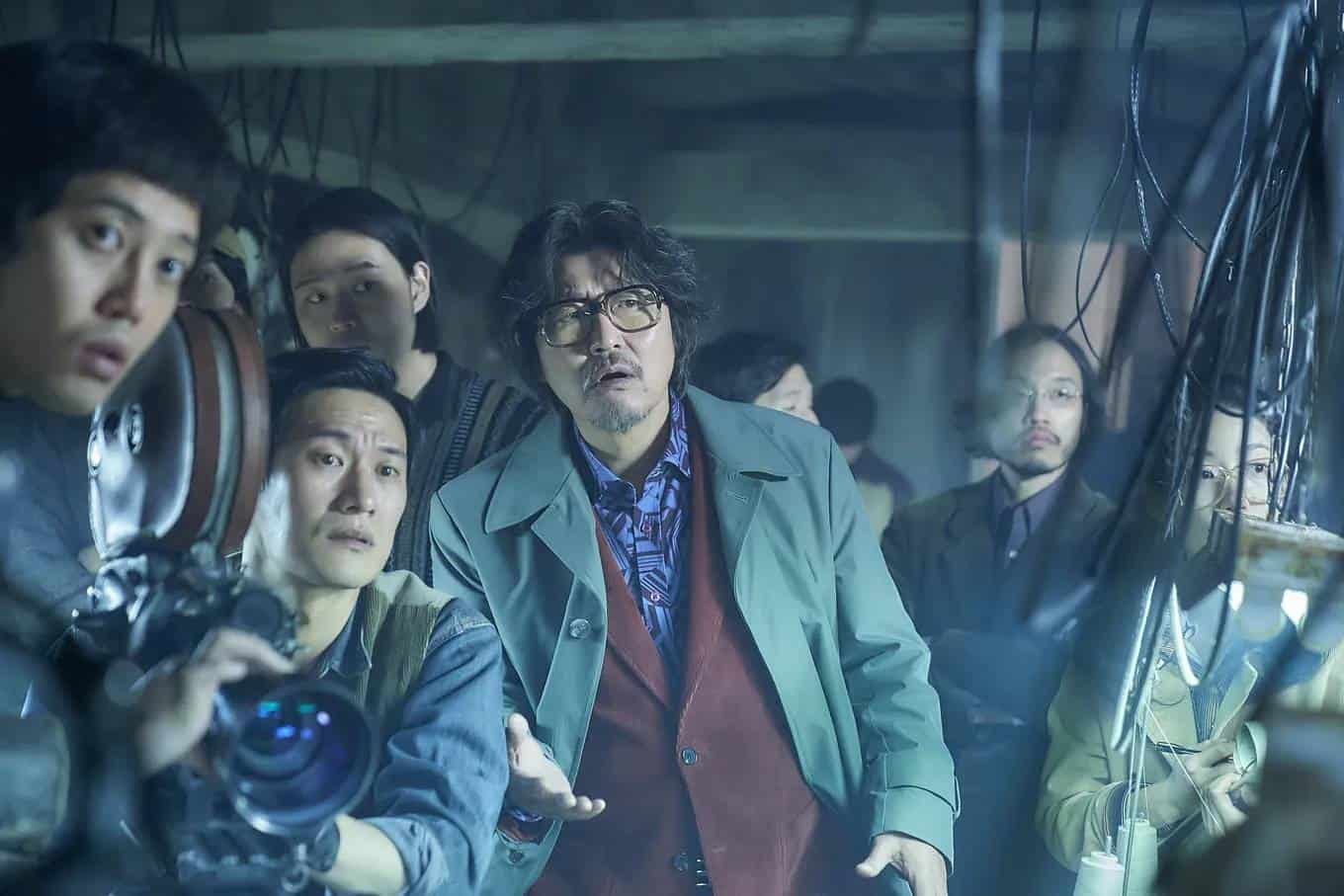
Beyond the fictional satire sprinkled with authentic historical events, “Cobweb” also serves as a captivating personal introspection by Kim Jee-woon into the power of creativity and the director's profession. Hindered from filming during the Covid pandemic and convinced that the world would never be the same as before the crisis, he extensively pondered the purpose of cinema and the role of a film director. Kim Jee-woon primarily uses “Cobweb“ as an allegory for his own repeated struggle to see each of his projects through against all odds. The character of Kim Ki-yeol serves as his alter ego: he goes from being a celebrated filmmaker for his first feature film to becoming a mere executor of commercial projects. The reshooting of the ending of his latest project becomes a true artistic redemption for him, granting him the strength and energy needed to face all the obstacles standing in his way. (Bastian Meiresonne)
4. Hopeless (Kim Chang-hoon)
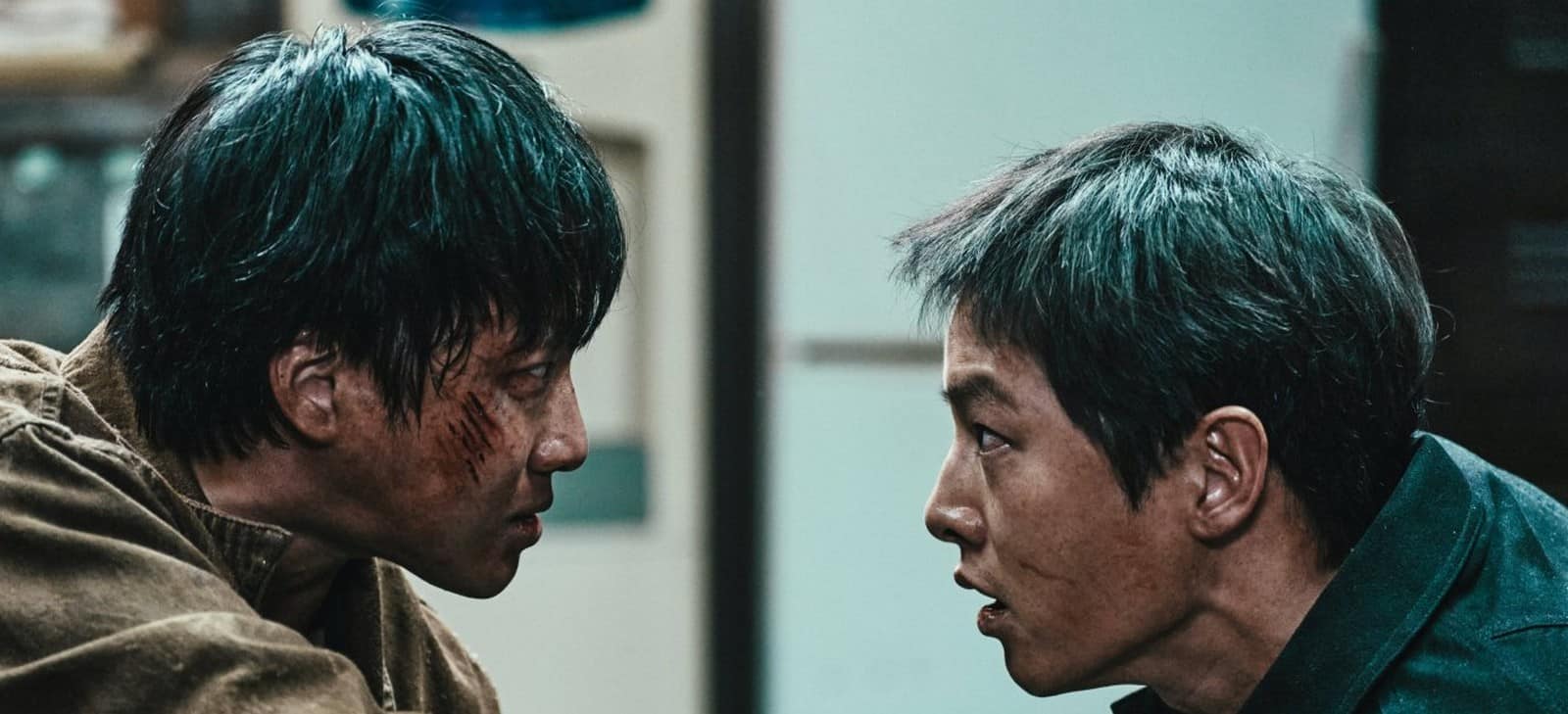
The epicenter of the film is the master-apprentice relationship between Chi-geon and Yeon-gyu. Chi-geon is an almost heartless gang leader with a murky but intriguing past. There is evidence of an injury on his ear, which, as the film progresses, is explained as an important moment of character development. His workshop of bikes is simultaneously represented as a quasi-artist's studio, humanizing and shading him in some unexpected colors. Chi-geon develops a soft spot for Yeon-gyu but does not shield him from the misery, pain and torture of the world they now share. For Yeon-gyu, Chi-geon becomes a lesson as well as a foreshadowing of one possible future. (Khushi Jain)
3. Under Your Bed (Sabu)
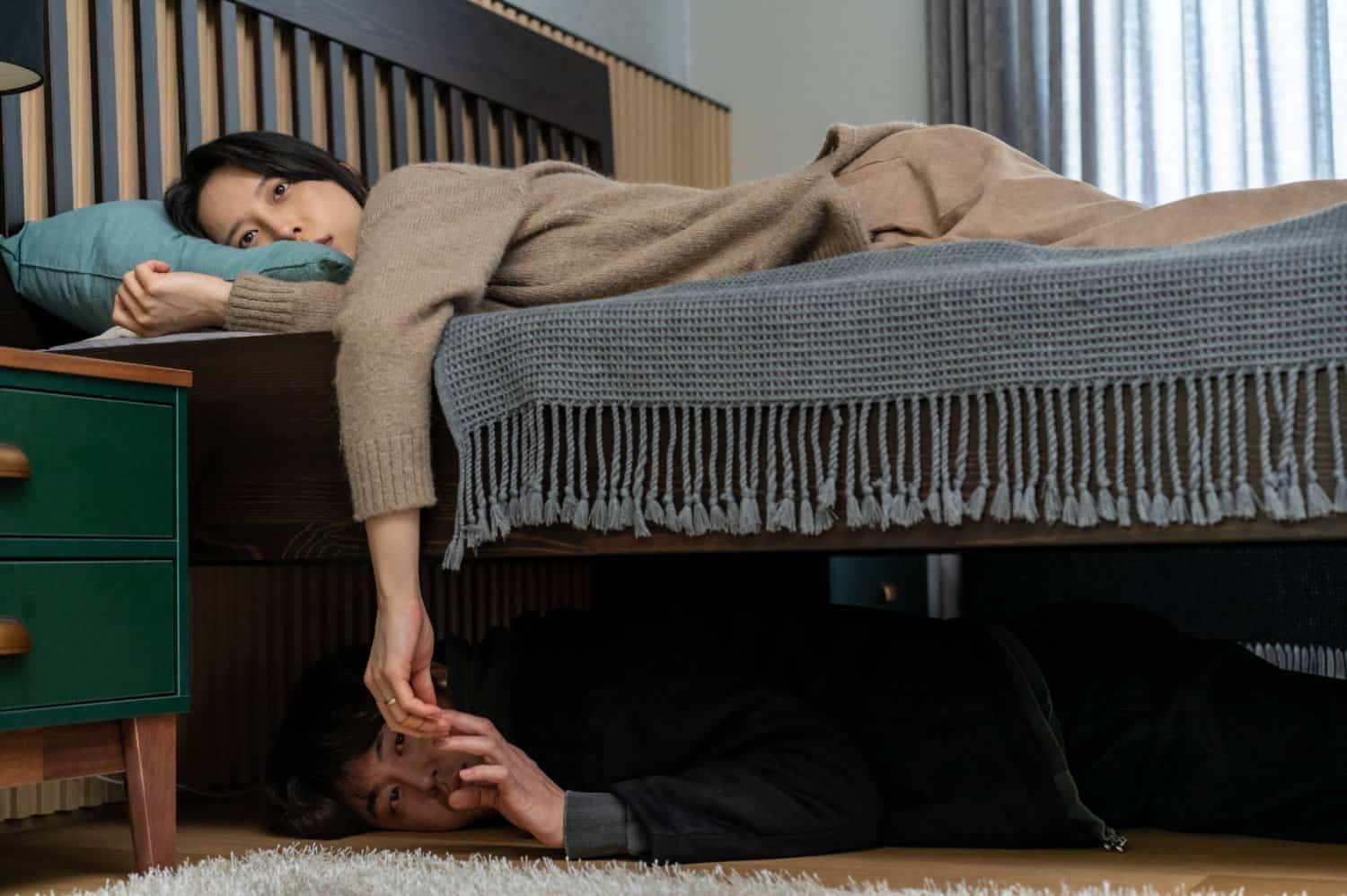
The film starts in genuine exploitation fashion, by presenting Ye-eun's treatment on the hands of her husband in an intense combination of sex, violence, and voyeurism on the part of Ji-hoon (The Kim Ki-duk element mentioned before). And while this aspect does not leave completely, as the movie progresses, Sabu focuses more on the reasons behind the actions of the two men, with the main focus being on Ji-hoon, but also allocating some time to Hyung-oh. The story of the former emerges as quite interesting, as the reasons he became a watcher of his whole life practically are presented as both social and psychological, without, however, also providing a justification for his (in)action. The same, more or less, applies to Hyung-oh, who is a violent man who badmouths his patients and beats his wife, not to mention he does not even let her go see her sick father, but is also an individual who is utterly dependent to her, not to mention lonely throughout his life. Again, this is not presented as justification, but more as an explanation, as the psychiatrist essentially remains the villain throughout the movie. (Panos Kotzathanasis)
2. Toxic Parents (Kim Su-in)
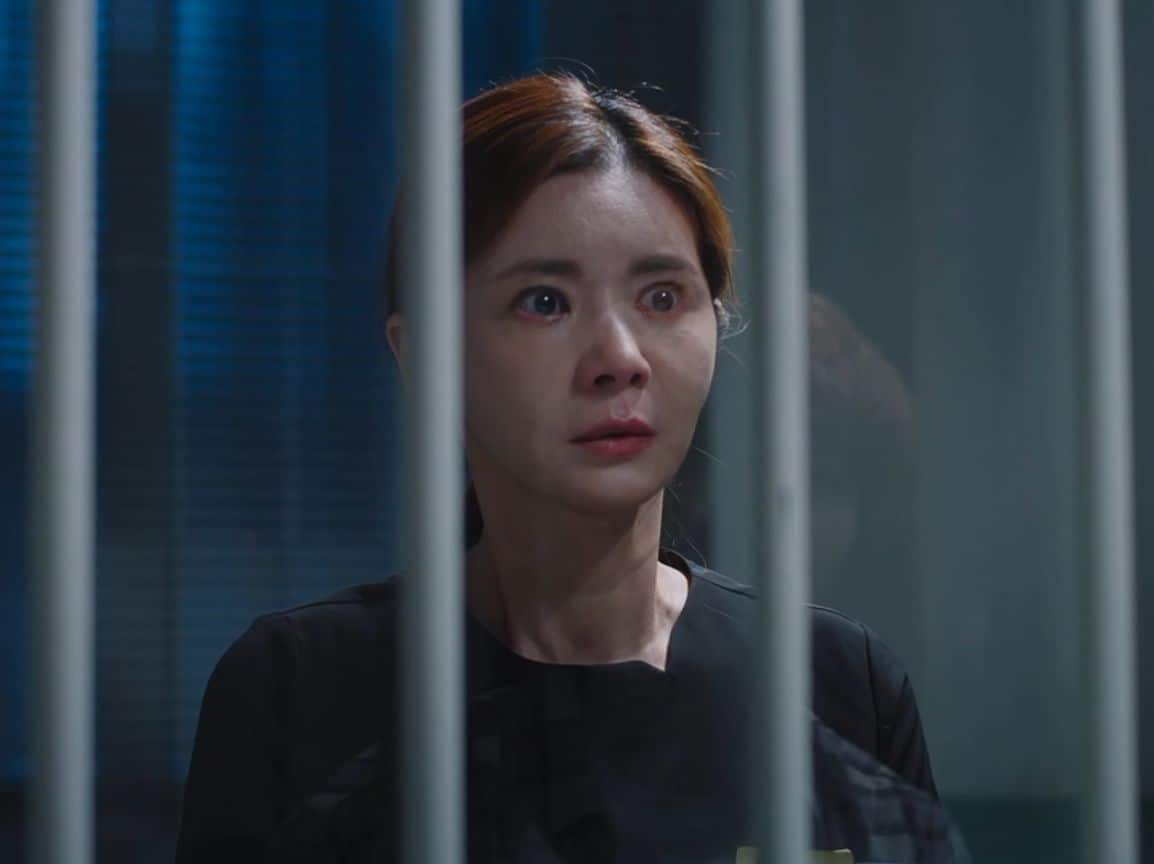
Aside from the expectations created by its obvious name, “Toxic Parents” encapsulates a specific time in an online world but finds something universal through its truth and accuracy. Yoo-ri's story is a hard, necessary watch; didactic in its messaging but vital in its thesis. It's a call for empathy and understanding and support for those who have no one to ask for it, bolstered by a range of committed performances keen to make you feel every bit of pain it has to offer. (Simon Ramshaw)
1. 12.12: The Day (Kim Sung-soo)
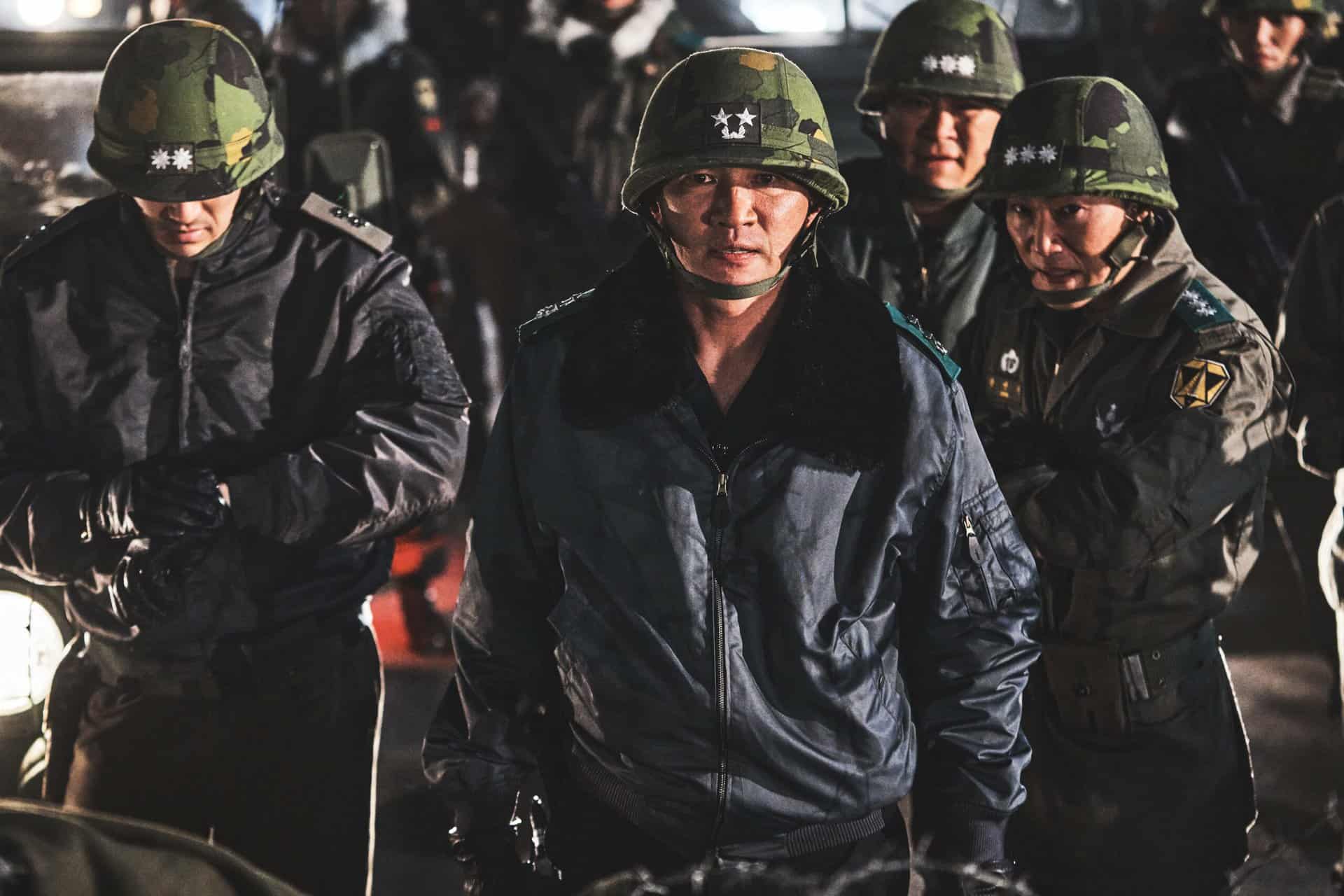
Following directly the events depicted in “The Man Standing Next” or “The President's Last Bang”, the narrative of “12.12: The Day” by Kim Sung-soo depicts the events that lead up to and occur on the night on December 12th, 1979, when security commander and later dictator Chun Doo-hwan (name conspicuously changed to Doo-gwang here) stage a coup d'état to seize control of power in Seoul. Much like the city of Annan was a character in itself in Kim's last feature “Asura: The City of Madness”, Seoul is the playground for Doo-gwang and his cronies as they conspire to take control of power in the ensuing chaos, while Capital Garrison Commander Lee Tae-shin tries to foil their plans. Painted on a massive, evidently expensive canvas, Kim keeps the talky narrative very thrilling, often edge-of-the-seat as both heavyweights plan to foil each other's plans. Jung Woo-sung once again is Kim Sung-soo's leading man here as Lee Tae-shin, but once again, he also casts Hwang Jung-min in a role that he steals the film with! Chun Doo-hwan is a universally hated personality on South Korea, but Hwang Jung-min portrays him with an inherent evilness that makes you hate him even further. Truly a towering performance and another beautiful feather in his already feather-laden hat.


